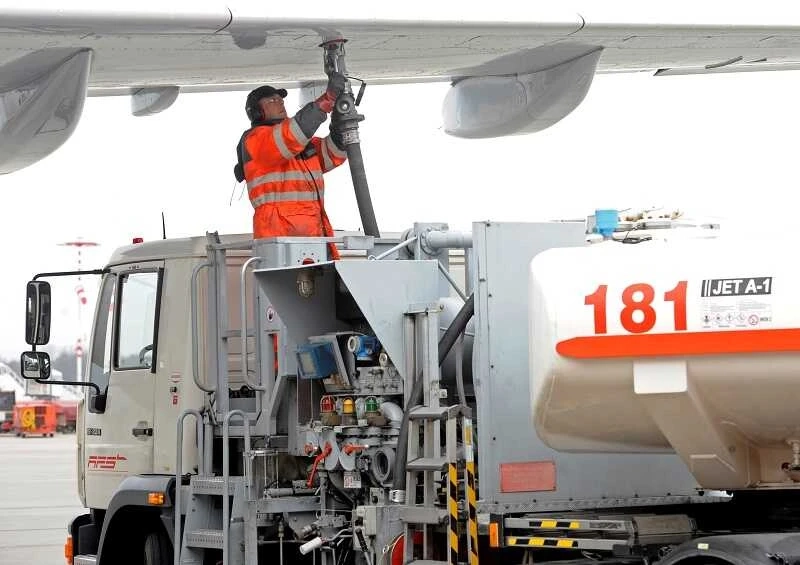Introduction:
The global aviation industry is soaring to new heights, connecting people and goods around the world. Whether you're a frequent traveler or an aviation enthusiast, understanding the intricacies of the aviation fuel market is essential. In this blog, we will explore the dynamics, challenges, and innovations that shape the global aviation fuel market.
The Importance of Aviation Fuel: Aviation fuel is the lifeblood of the aviation industry. It is the energy source that powers commercial and military aircraft, ensuring safe and efficient travel. As air travel continues to grow, the demand for aviation fuel is on the rise.
Market Overview:
The global aviation fuel market is vast, complex, and highly dynamic. It is influenced by factors such as oil prices, environmental regulations, and technological advancements. Some key points to consider:
Jet Fuel Dominates: The primary type of aviation fuel is jet fuel, specifically Jet A and Jet A-1. Jet fuel is optimized for the high-performance requirements of aircraft, offering the necessary energy density and low-temperature performance.
Oil Price Volatility: The aviation fuel market is highly sensitive to fluctuations in crude oil prices. When oil prices rise, it increases operating costs for airlines, potentially leading to higher ticket prices.
Environmental Concerns: Environmental regulations and concerns about carbon emissions are pushing the aviation industry to explore alternative fuels and adopt more fuel-efficient technologies. Sustainable aviation fuels (SAFs) are gaining traction as a way to reduce the carbon footprint of air travel.
Challenges in the Aviation Fuel Market: The aviation fuel market faces several challenges, including:
Geopolitical Instability: Political conflicts and disruptions in oil-producing regions can lead to supply disruptions and price spikes in the aviation fuel market.
Environmental Regulations: Stringent emissions regulations are pushing airlines to invest in cleaner fuels and more fuel-efficient aircraft, which can be costly and time-consuming.
Market Competition: The aviation fuel market is highly competitive, with multiple suppliers and manufacturers vying for market share. This can lead to price wars and margin pressure.
Innovations in Aviation Fuel: To address the challenges and move towards a more sustainable future, the aviation industry is embracing innovations in aviation fuel technology:
Sustainable Aviation Fuels (SAFs): SAFs are produced from renewable sources like algae, plant oils, and waste materials. They are considered a greener alternative to conventional jet fuel, reducing carbon emissions.
Hydrogen-Powered Aircraft: Hydrogen is being explored as a potential fuel source for the future, offering the promise of zero-emission flights.
Electric Aircraft: Electric and hybrid-electric aircraft are being developed, which could revolutionize short-haul and regional travel by reducing the reliance on traditional aviation fuels.
Conclusion:
The global aviation fuel market is in a state of transition, driven by environmental concerns, technological advancements, and market competition. As we look to the future, the industry's ability to navigate these challenges and embrace innovative solutions will be critical. From sustainable aviation fuels to electric and hydrogen-powered aircraft, the aviation industry is on a path toward a more eco-friendly and efficient future. Stay tuned for further developments in this dynamic and ever-evolving sector.


